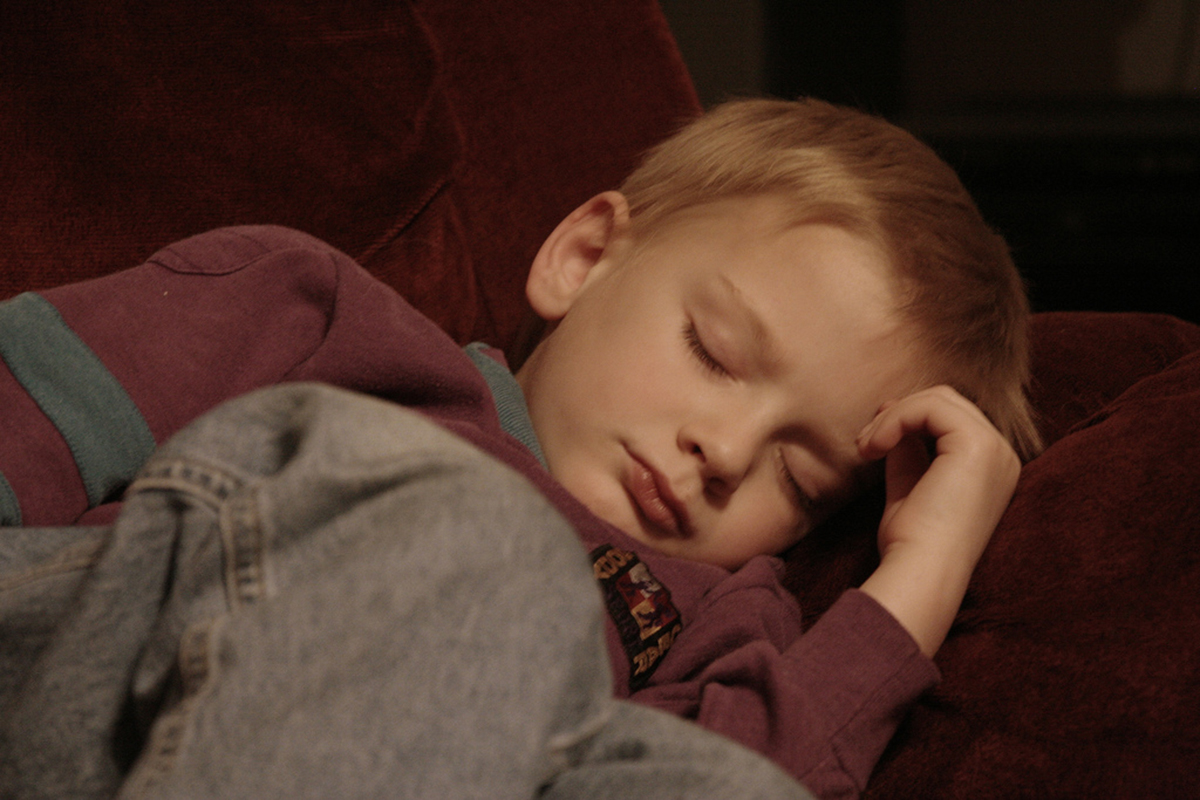Table of Contents
Children who don't get enough sleep act very differently from sleep-deprived adults. When adults don't get enough sleep, they tend to be drowsy, sluggish, and irritable. When kids don't get enough sleep, they tend to be hyper, irritated, inattentive, and annoyed. They become agitated and withdrawn at the same time--much as they might when they get to stay up to watch a scary movie on the weekend.

Both children and adults who are sleep-deprived, however, tend to gain weight. The brain needs downtime to process the hunger hormones, such as ghrelin, that can cause the body literally to ache when the stomach is not being fed. The more sleep a child (or an adult) gets, the easier it is to control appetite the next day.
What can you do to make sure your child gets enough sleep to build a healthy, well-connected brain? Here are some basic suggestions.
- Create a calm and predictable bedtime routine. Make sure children don't eat snacks, especially sugary snacks, just before bedtime. Avoid soft drinks that contain caffeine. Provide activities that calm kids down, such as bedtime stories, particularly repeating bedtime stories, taking a bath, and hugs and kisses.
- Stick to a predictable schedule. If children are put to bed at the same time every night, their bodies gradually come to expect to fall asleep at that time. Staying up late occasionally is OK--but never during the week. Even teenagers need to get to bed on time, no matter how pressing school or work may be.
- Gently resist stalling tactics. Children often resist going to bed. And don't contribute to stalling tactics. Parents who have not seen their children during the day often want to visit with them past bedtime. While it's wonderful to see your kids every day, it's not wonderful to make them sleep deprived.
- Don't get in bed with your child. If you child needs your presence to fall asleep, what will they do when you cannot be there?
- Let your children fall asleep on their own. Don't let them fall asleep on you. It's better to put children in bed when they seem sleepy and happy, than for them to depend on physical contact with you to fall asleep.
Read More: Conflict And Neglect Changes Kids' Brains And Affects Health Through Adulthood
- Don't forget the teddy bear. A "transitional object," as psychologists call it, is a substitute for contact with the parent for young children making the transition to sleeping on their own.
- Don't use sleep (or going to bed) as punishment. That is, avoid the edict "Go to bed without your supper." Any association of sleep and bad feeling causes the child to resist falling to sleep. Make sleep a positive priority, reminding your child, "Sleep makes you grow big and strong. If you get more sleep tonight, you will have more fun tomorrow. You need sleep to be smart and to have a well-connected brain."
- Geiger A, Huber R, Kurth S, Ringli M, Achermann P, Jenni OG. Sleep electroencephalography topography and children's intellectual ability. Neuroreport. 2012 Jan 25., 23(2):93-7. doi: 10.1097/WNR.0b013e32834e7e8f.
- Geiger A, Huber R, Kurth S, Ringli M, Jenni OG, Achermann P. The sleep EEG as a marker of intellectual ability in school age children.Sleep. 2011 Feb 1,34(2):181-9. PMID: 21286251.
- Photo courtesy of Raúl A.- by Flickr : www.flickr.com/photos/torrelodones/3141253842/
- Photo courtesy of David K by Flickr : www.flickr.com/photos/plasticrevolver/76101185/


Your thoughts on this